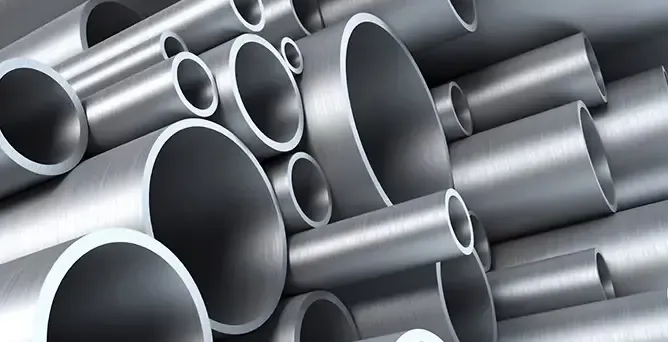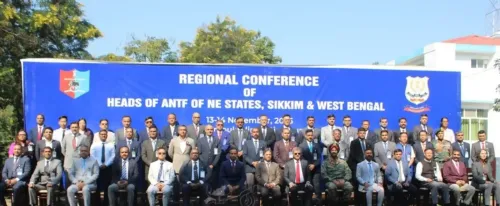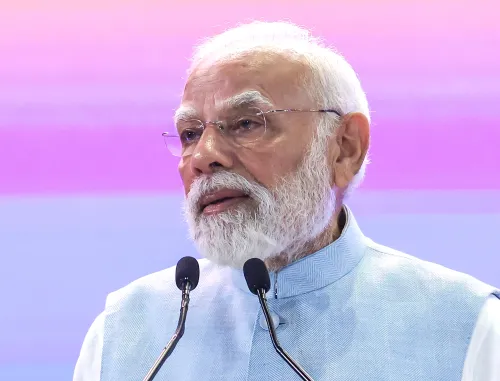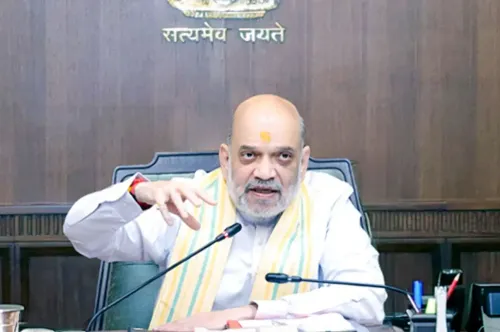Has India Implemented an Anti-Dumping Duty on Steel from Vietnam?

Synopsis
Key Takeaways
- Anti-dumping duty protects Indian steel producers.
- Duty applies to hot-rolled flat products from Vietnam.
- Duration of five years unless amended.
- Excludes stainless steel products.
- Targets unfair pricing practices in the market.
New Delhi, Nov 13 (NationPress) India has enacted an anti-dumping duty on hot-rolled flat products made of alloy or non-alloy steel originating from Vietnam, with a duration of five years. This measure aims to shield domestic manufacturers from a surge of inexpensive imports sold below their standard pricing.
The notification issued by the Department of Revenue on November 12 comes after an inquiry by the Directorate General of Trade Remedies (DGTR), which discovered that these products were being offered at prices significantly lower than their normal value, thus inflicting material harm on the local industry.
The imposed duty targets hot-rolled flat products of alloy or non-alloy steel, with a thickness of up to 25 mm and a width reaching 2100 mm, ensuring equitable pricing while safeguarding Indian producers.
The notification states, “There exists a risk of further significant injury to the domestic industry if an anti-dumping duty is not enforced on the import of these goods from the specified country.”
Vietnamese exporters will incur an anti-dumping duty of $121.55 per metric tonne on designated products, a rate that also applies to items exported from Vietnam by non-Vietnamese manufacturers.
Notably, the measure excludes stainless steel hot-rolled flat products.
This anti-dumping duty will be in effect for five years from the publication date, unless it is revoked, replaced, or amended sooner. Payments will be made in Indian currency according to the exchange rate on the date of entry.
This decision arises amid challenges faced by India's steel sector due to imports being dumped at non-standard prices, exerting pressure on local producers to reduce prices in order to remain competitive.
Previously, the government had imposed a temporary safeguard duty of 12 percent on certain steel imports in April 2025 to bolster the domestic market. These actions are part of ongoing efforts to protect the industry and promote self-reliance through initiatives like 'Make in India'.
The influx of low-cost steel from major exporters like China, Japan, and South Korea, driven by increased tariffs in other nations, has compelled local manufacturers to decrease prices, lower production capacity, and witness a decline in market share, as indicated by a recent RBI report.









